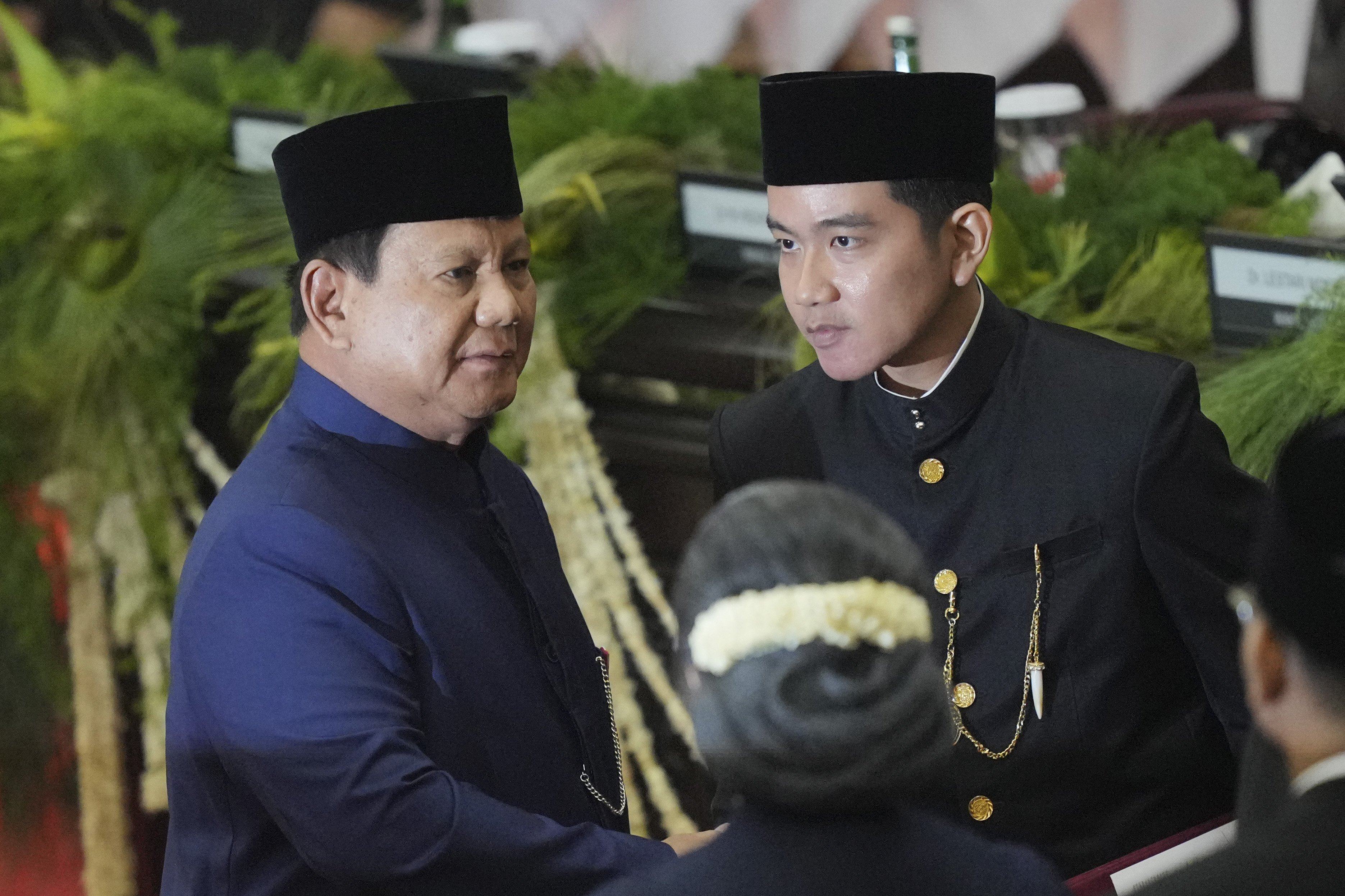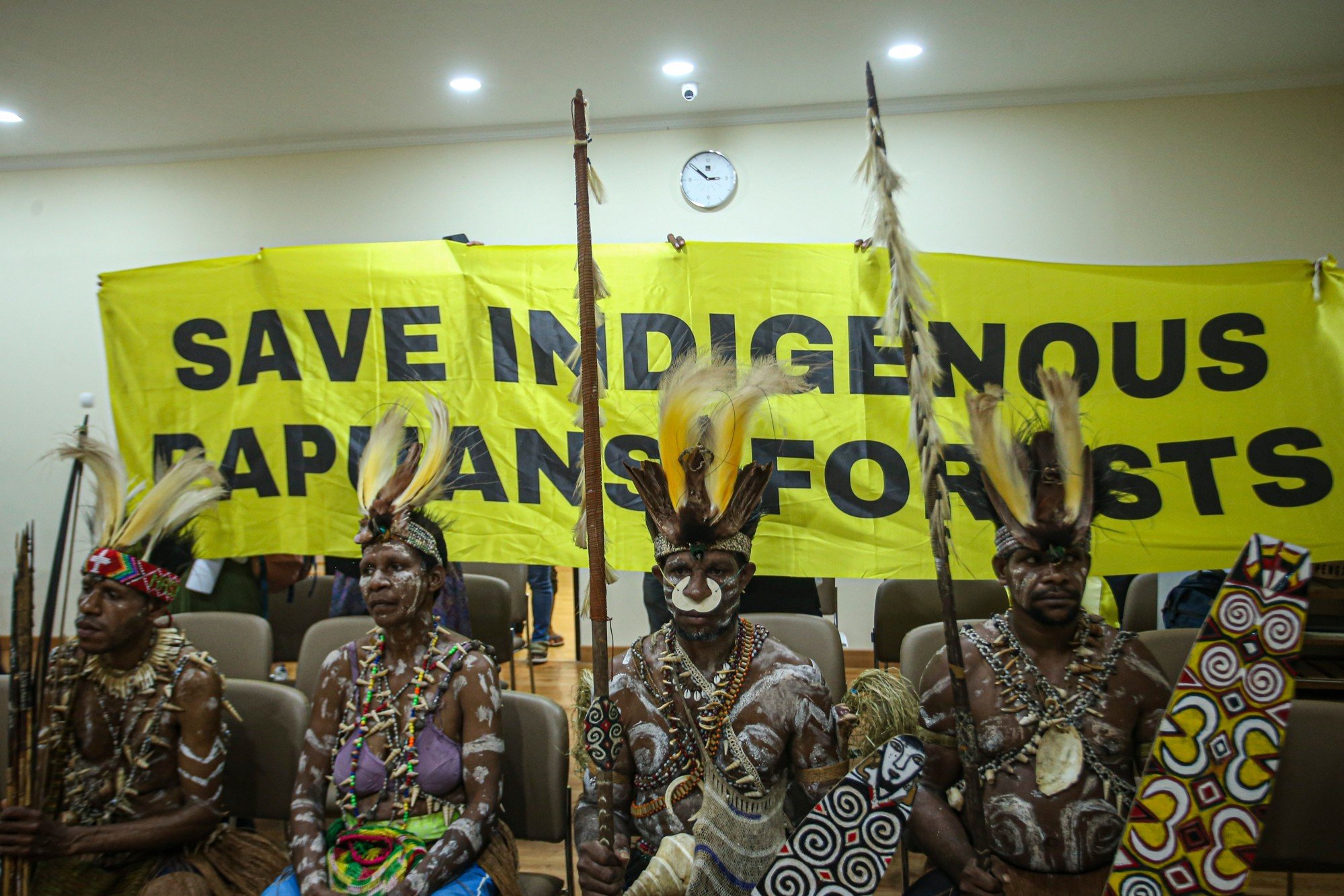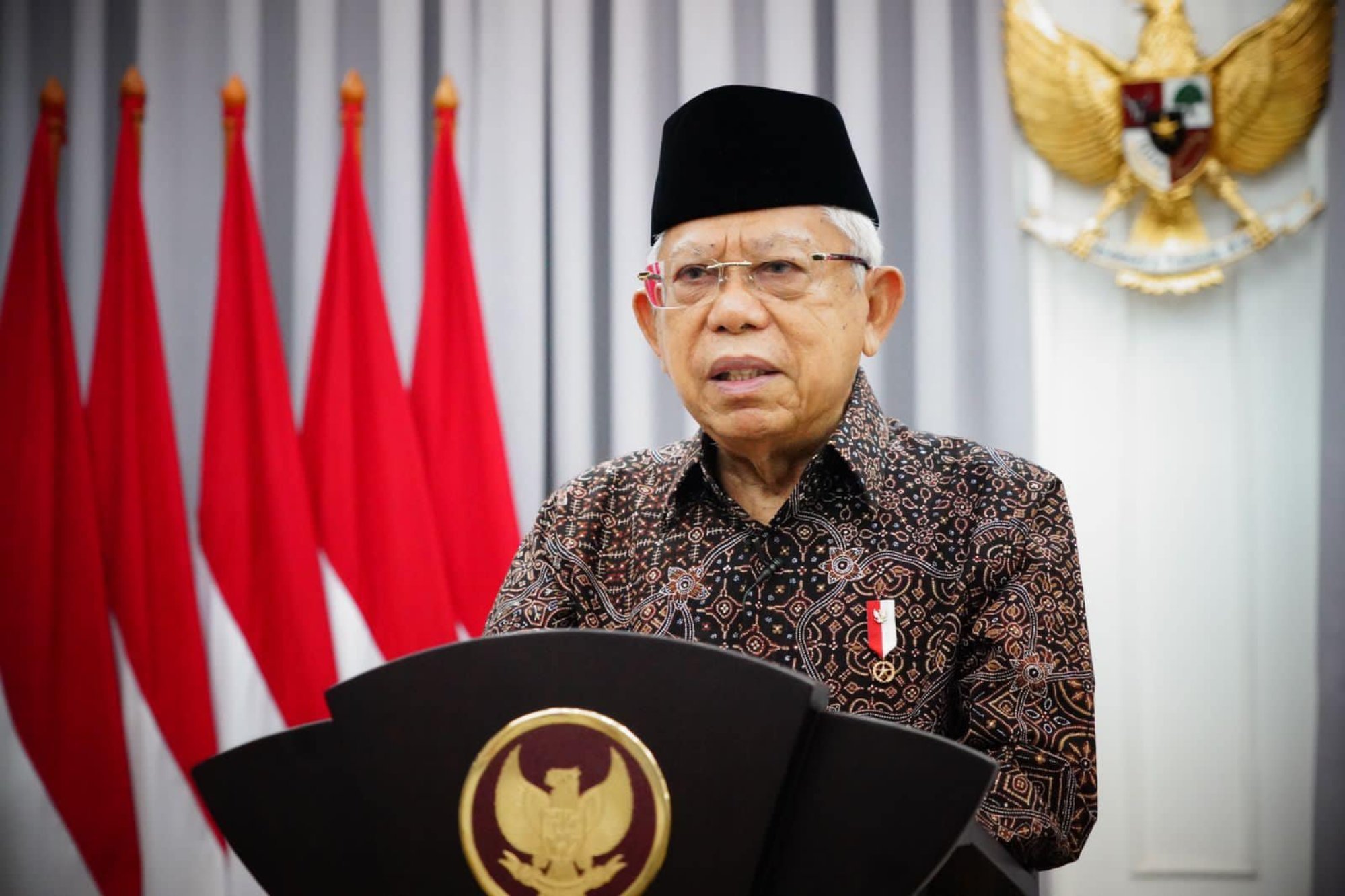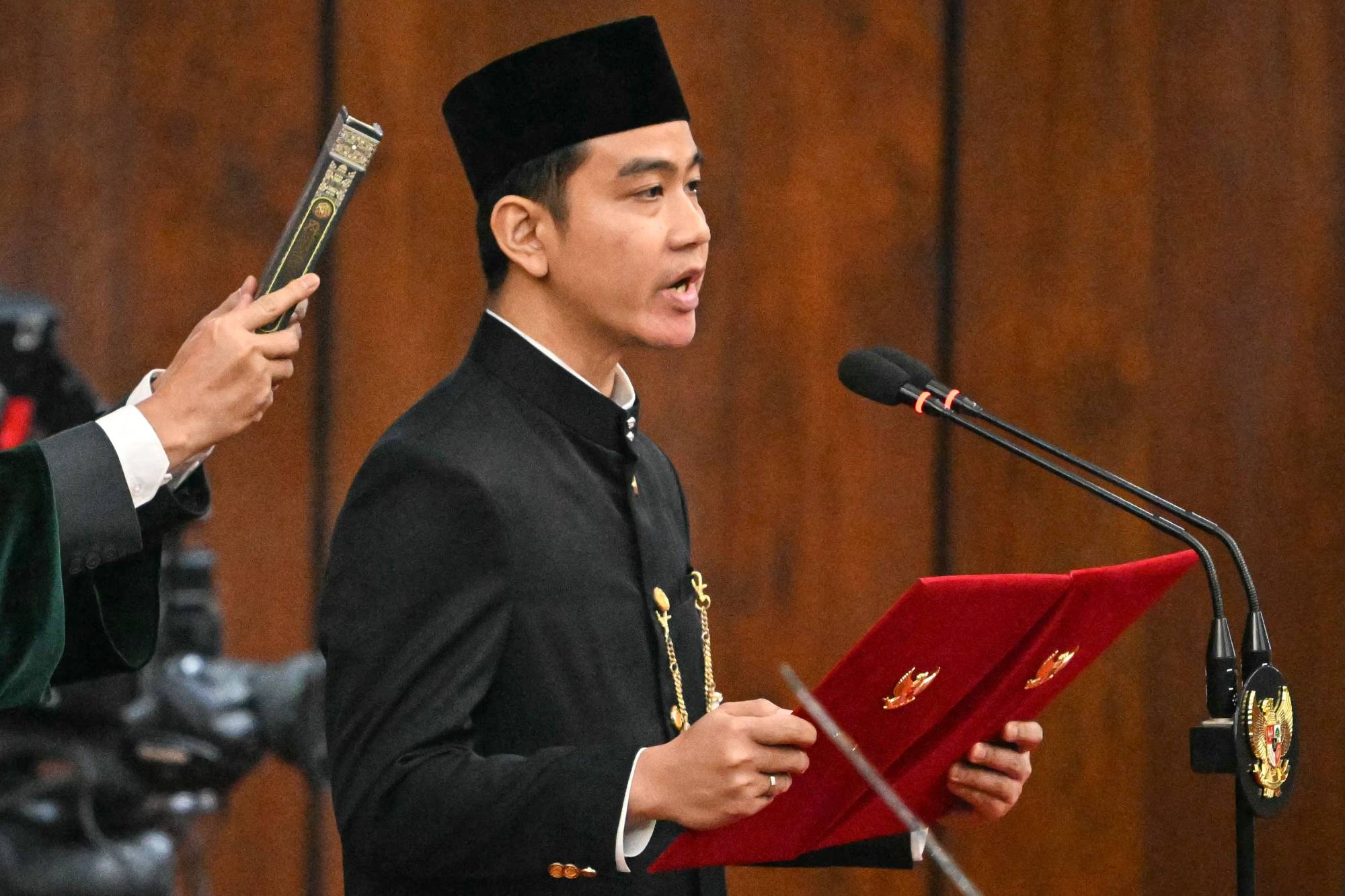Is Gibran being ‘exiled’ to Papua? New mission sparks chatter among Indonesians
The public is speculating about President Prabowo Subianto’s reason for assigning the vice president to handle the restive region

President Prabowo Subianto’s decision to assign Vice-President Gibran Rakabuming Raka responsibility for Papua has fuelled speculation that he is being politically sidelined under the guise of a development mission to Indonesia’s most restive region.
Gibran will have his hands full in trying to bring about lasting peace in Papua, as he has to build trust with tribal communities, including separatist factions, while obeying directives from the capital, according to analysts.
Resource-rich but underdeveloped, Papua remains Indonesia’s poorest region despite hosting major investments, including the Grasberg mine – one of the world’s largest gold and copper operations, run by PT Freeport Indonesia. Six Papuan provinces ranked among the nation’s 10 poorest last year, with inequality and a lack of infrastructure persisting in its mountainous interior.
The Indonesian government has been embroiled in a decades-long conflict with separatist rebels in Papua, dating back to the early 1960s when Indonesia annexed Papua from its former Dutch coloniser. Papua officially became part of Indonesia in 1969 after a UN-sponsored referendum, which resulted in voters in the region favouring integration. Insurgents, however, have claimed over the years that the outcome was fraudulent as the Indonesian military allegedly intimidated voters before polling.
On July 2, Coordinating Minister for Law, Human Rights, Immigration and Corrections Yusril Ihza Mahendra announced that Gibran would be given a “special assignment” focused on accelerating development in Papua. He said there was a “possibility” the vice-president would work directly in the region.

“The government [is concerned] about how to handle [the issues] in Papua. In the last few days, there has been a discussion to give a special assignment … to the vice-president to accelerate the development of Papua,” Yusril said.
The assignment would also involve addressing human rights concerns and monitoring how local authorities respond to unrest, he added. A presidential decree is expected to provide a legal framework for Gibran’s new responsibilities, though no timeline was given.
Gibran has signalled his willingness to take on the role, stating on July 9 that he “could work from anywhere”, including Jakarta, the new capital city of Nusantara in Borneo, or Papua.
“As the president’s aide, I am ready to be assigned anywhere, anytime. I will continue Vice-President Ma’ruf Amin’s hard work on Papua issues,” he said.
Previous vice presidents were also tasked by Jakarta to handle issues in Papua – among them, Ma’ruf Amin, Widodo’s second term vice-president, and Budiono, who served alongside former president Susilo Bambang Yudhoyono from 2009 to 2014.

Fraying relationship?
The announcement quickly sparked questions about the reasons behind Prabowo’s decision, as well as the state of the relationship between the country’s two most senior leaders. The move could be interpreted as Prabowo’s way of keeping Gibran away from the vortex of national politics in Jakarta, said Iwan Setiawan, director of Indonesia Political Review.
“This is like when officials or civil servants … [who are assigned to Papua], they are associated with being exiled,” Iwan told reporters on July 9.
Unhandled type: inline-plus-widget {“type”:”inline-plus-widget”}
Deddy Sitorus, a politician from the opposition Indonesian Democratic Party of Struggle, said that he hoped Gibran would be working in Papua “for long” and not just visiting the region occasionally.
Cahyo Pamungkas, a researcher with the National Research and Innovation Agency (BRIN) with a focus on Papua, said the appointment was an indication of the state of relations between Prabowo and Gibran instead of a “systemised strategy” to solve issues in Papua.
“President Susilo Bambang Yudhoyono and Jokowi created the legal framework first, then gave assignments to their vice presidents within that legal framework. Not this time,” Cahyo told This Week in Asia, referring to Widodo’s popular nickname.
The rife speculation has led to a clarification from Yusril, who said that Gibran would not be based in Papua, and that only staff of the Special Agency for the Acceleration of Development of Special Autonomy for Papua would be stationed in the region.

“This agency’s secretariat office is located in Jayapura, in Papua. This serves as a coordination point and administrative centre to facilitate effective communication between the central and regional governments,” Yusril said in a statement on July 9.
“It is impossible that the vice-president will move his office to Papua as reported by several media outlets.”
State Secretary Prasetyo Hadi said it would be normal for Gibran to visit Papua regularly in his new capacity, and asked the public not to “make a big deal out of it, as if something is wrong”.
Dialogue first
Adriana Elisabeth, author of Papua Road Map: Negotiating the Past, Improving the Present, and Securing the Future, said Gibran should be “briefed thoroughly” and launch a dialogue with seven customary territories in Papua to better understand the root of the Papuan issues.
“Papua is not a homogeneous community; it is very heterogeneous. Gibran has time to communicate with each customary region. Their problems are different, some specific problems occur in one customary region, but not in another,” Adriana said.
“Critical thinking is also required in this matter. Papua cannot be viewed in black and white, nor can it be viewed solely as a separatist issue. There are so many realities in Papua that require different treatments. I don’t know if Gibran has that capacity.”
Cahyo urged Jakarta to also sit down with separatist rebels, instead of following past strategies of “ignoring” their aspirations.
In the event of Gibran failing to bring peace and prosperity to Papua, it would not mar his track record nor influence voters’ opinions as there was a lack of concern and awareness about violence in Papua among the broader Indonesia public, Cahyo said.
“The public is oblivious to military operations and the massive exploitation of the [natural resources] there, which have resulted in the uprooting of indigenous Papuans. The Indonesian public simply doesn’t care,” he added.